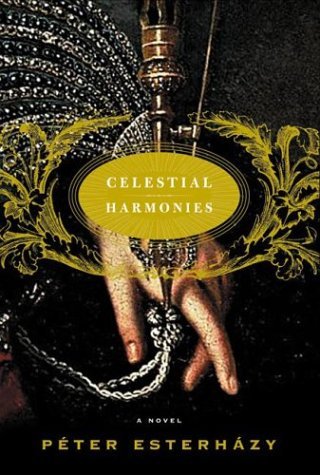What do you think?
Rate this book


846 pages, Hardcover
First published September 1, 2003
Fear and communists, everything here begins with them, and will end with them too, it seems.
People quickly grow tired of the good, look for something better, find something worse, then insist on it ever after for fear of something still worse to come.
Celestial Harmonies: (1990) All the world’s a stage art and pageantry in the Renaissance and baroque.Especially in its first part, reading Celestial Harmonies is like reading snippets from the life of demi-gods up there in Mount Olympus. The first person fragmented narrative goes anywhere you don’t know what the narrator will tell you next. It could be the chandelier, the contents of the treasure drawer, how much does the king-father loves his mother or his mistress, how the king father searches for his God, how does the father compare to God, etc. There are some bright and shining, amusing and amazing portions but there are also those that a mortal reader like me does not know anything about and just made me feel clueless or even bored. Wiki helped once in a while but there are just some parts that only maybe Hungarian readers know or can appreciate.